Jonathan Self: 'In Ireland, summer smells sweet, effervescent and damp. In Tuscany, one almost has to push one’s way through it'
Jonathan Self's recent move to Italy has brought a fresh challenge. Or rather, a hot and heavy one.

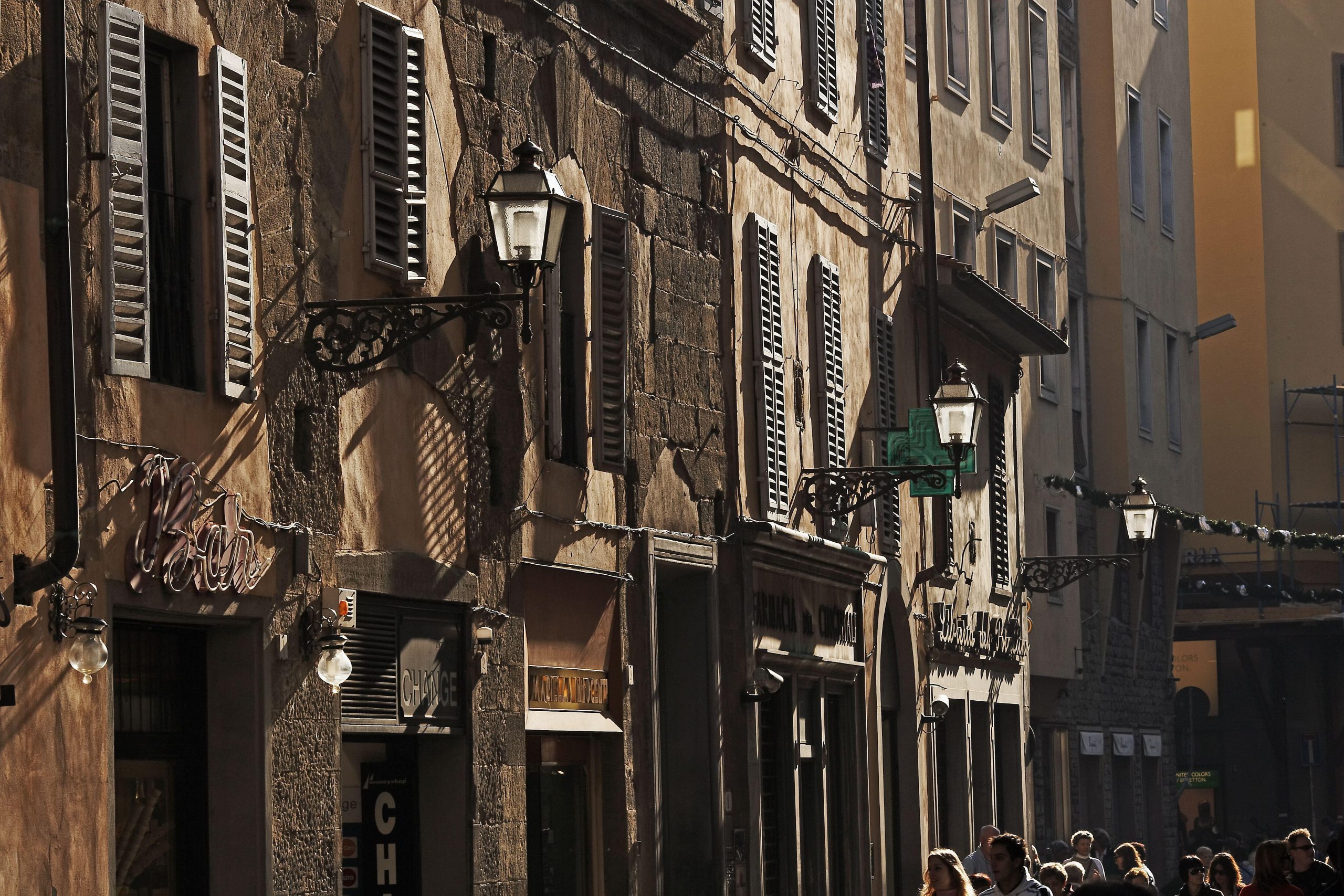
‘The plains that reel to southward, dim,/The road runs by me white and bare’, to quote Archibald Lampman on the subject of heat, ‘Up the steep hill it seems to swim/Beyond, and melt into the glare.’ The road isn’t the only thing melting here in Florence, either. Within 10 minutes of leaving home for my morning walk I’m perspiring so freely that I look as if someone has thrown a bucket of water over me.
Our West Cork neighbours say that it has only rained twice there in the past month (once for 15 days and then a second time for 14 days). I can’t actually remember the last time we suffered so much as a light shower. Festa della Liberazione at the end of April? Primo Maggio in early May? The fascinating thing is how lush the landscape looks despite the lack of rain.
I have discovered a narrow lane, just behind the 15th-century Medici villa of Poggio Imperiale, which winds its way up and up through olive groves, vineyards and orchards past the 13th-century church of Chiesa di San Matteo in Arcetri and out into open countryside. Overall, the landscape is a paler green (albeit interspersed with the darker green of the cypress, hazelnut and oak trees) than at home, enriched since the beginning of spring by blood-red poppies, deep violet wisterias, vivid yellow sunflowers, creamy white roses, flamboyant pink honeysuckles, rich amber corn marigolds and a hundred other flowers — all baking beneath the pale-blue, cloudless sky.
"Of the 25 Roman emperors who were assassinated almost all met their end during or after a heatwave... I suspect there is a lesson here"
In Ireland, the air at this time of year smells sweet, effervescent and damp. In Tuscany, it is so heavily perfumed — at the moment, the dominant fragrance is jasmine, rich, fruity and sensual — that one almost has to push one’s way through it. It is much quieter, too. By mid-morning the strength of the sun has put everything to sleep. Nature’s pulse stops to such an extent that even the bees hang silent upon the blossom.
The ancient Romans called this time of year dies caniculares or the dog days of summer. They believed that Sirius, the dog star, which rises with the sun from July onwards was the cause, proving that they weren’t quite as smart as some people make out. Between 250BC and AD400 Europe experienced what historians call the Roman Warm Period. It is what allowed Hannibal to take his elephants hiking in the Alps.
Anyway, the Romans may not have understood meteorology, but they did know how to keep cool. They made frequent visits to the frigidarium, a large, communal pool, kept at a suitably cold temperature by the use of ice brought down from the mountains. They started work at sunrise and clocked off at noon. If sufficiently wealthy, they kept stores of imported snow in the basements of their homes and pumped cold water through the walls. And when it got too hot they legged it for the seaside, which is what we will be doing for July and August, when we return to Ireland.
In the meantime, I am soaking up the heat. Scientists say that hot weather makes people angry, depressed and violent, but not me. However, I did read an interesting academic paper suggesting that of the 25 Roman emperors who were assassinated almost all met their end during or after a heatwave. I am not a Roman emperor, of course, so this doesn’t worry me, but I suspect there is a lesson here for today’s politicians. ‘In the full furnace of this hour’ — Lampman again — ‘My thoughts grow keen and clear.’
Exquisite houses, the beauty of Nature, and how to get the most from your life, straight to your inbox.

Jonathan Self: Don't measure your life in years — measure it in dogs
Jonathan Self celebrates a birthday for a beloved dog.
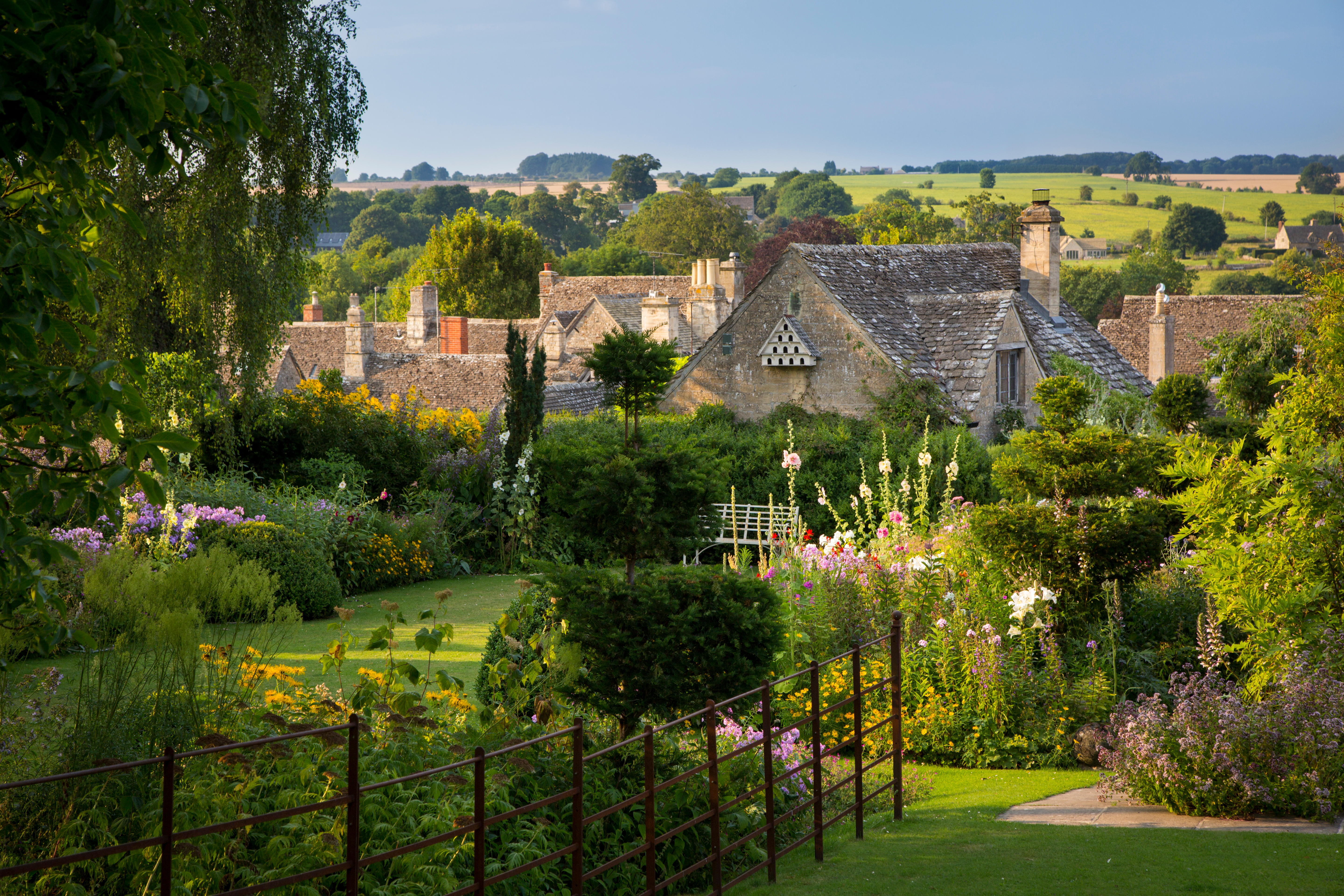
Jonathan Self: 'Tend your vines and crush the horror'
Jonathan Self has turned his eyes inward during social isolation – not just to his mental health, but to his garden.
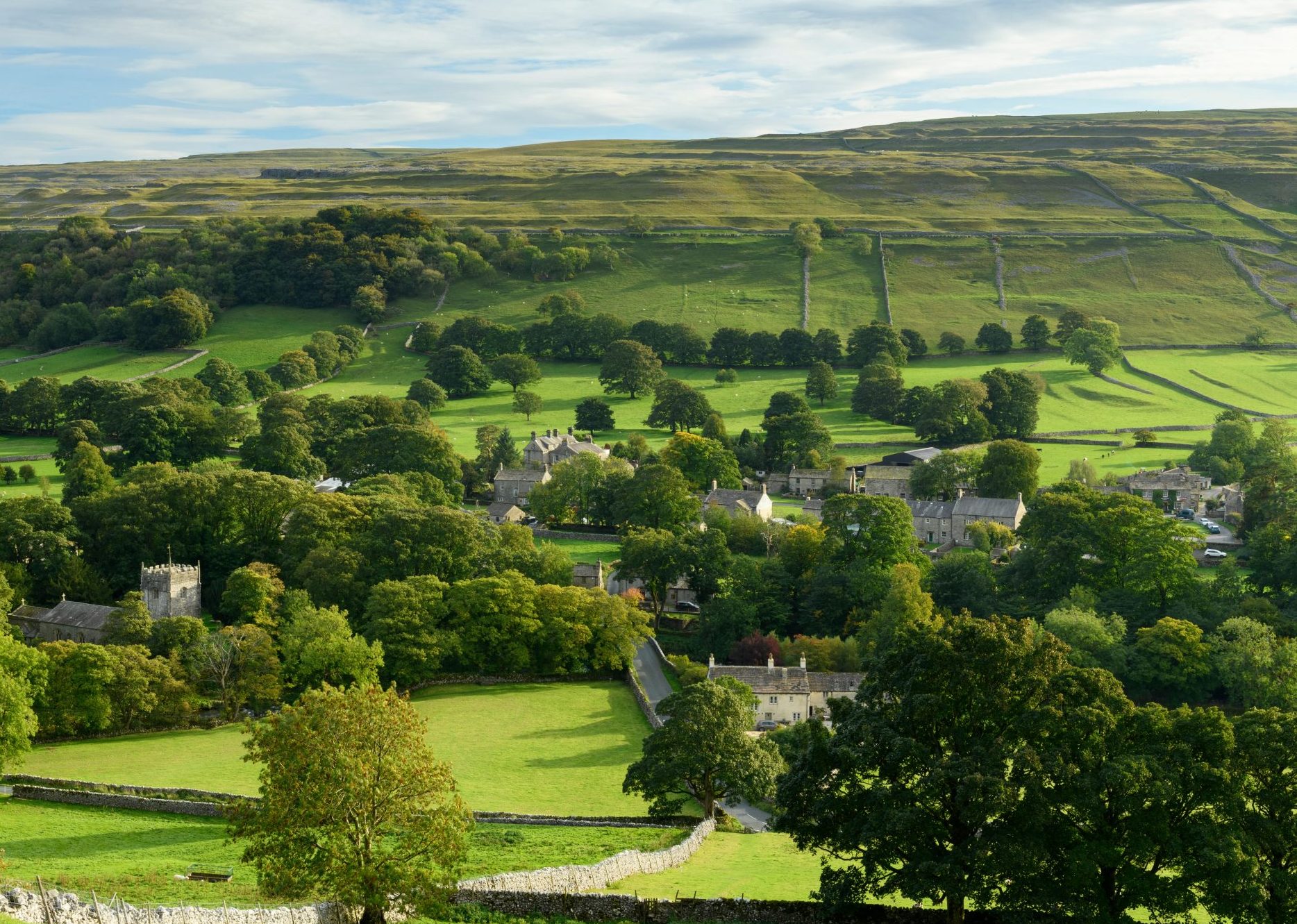
Credit: Alamy
Jonathan Self: 'Town folk know pleasures, country people joys'
Live in a village and you'll live longer, says Jonathan Self — just be prepared for everyone to know your business.
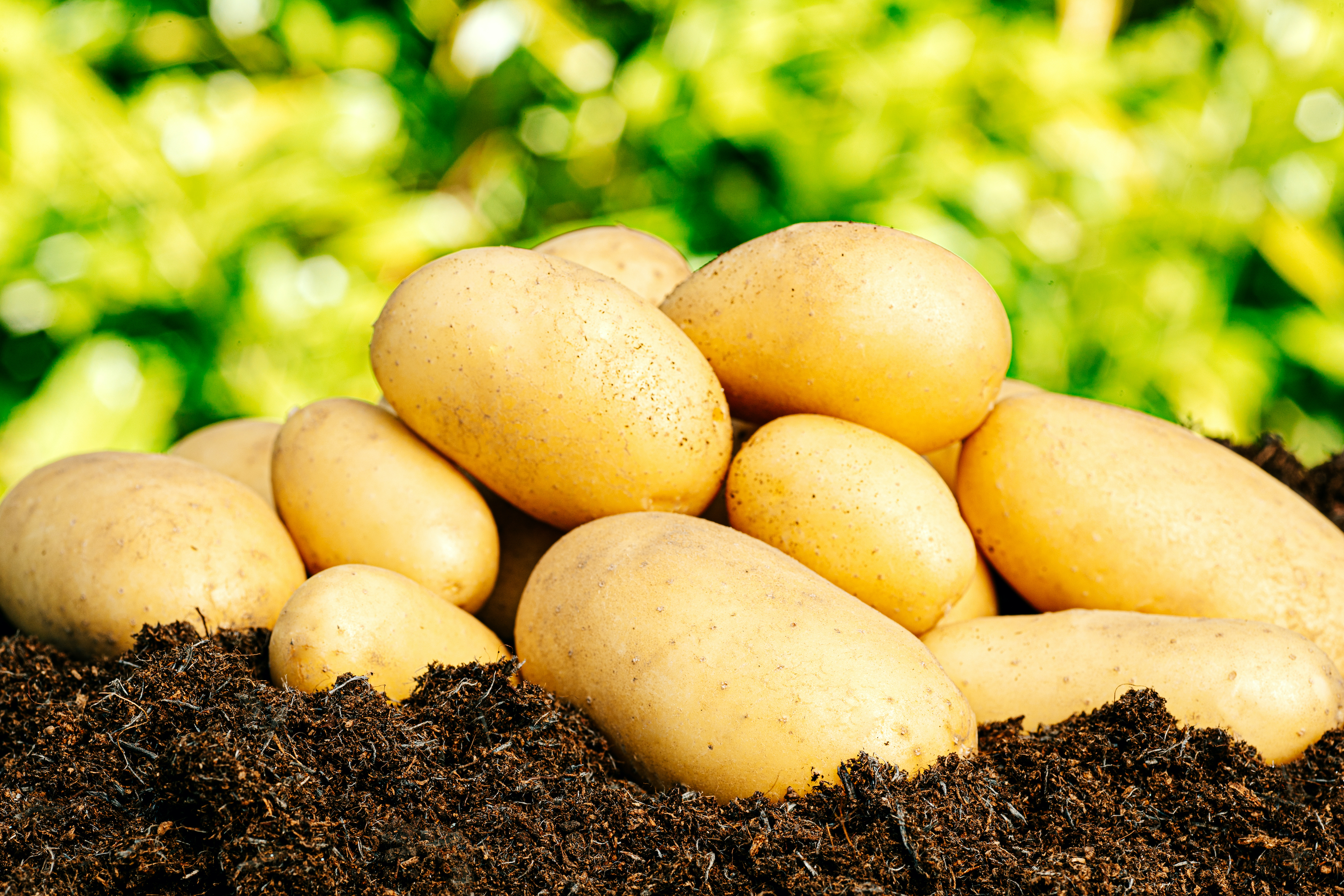
Jonathan Self: 'Our early potatoes aren’t going to be that early'
Between a late start and back-breaking work, Jonathan Self tries his hand at growing the humble spud.
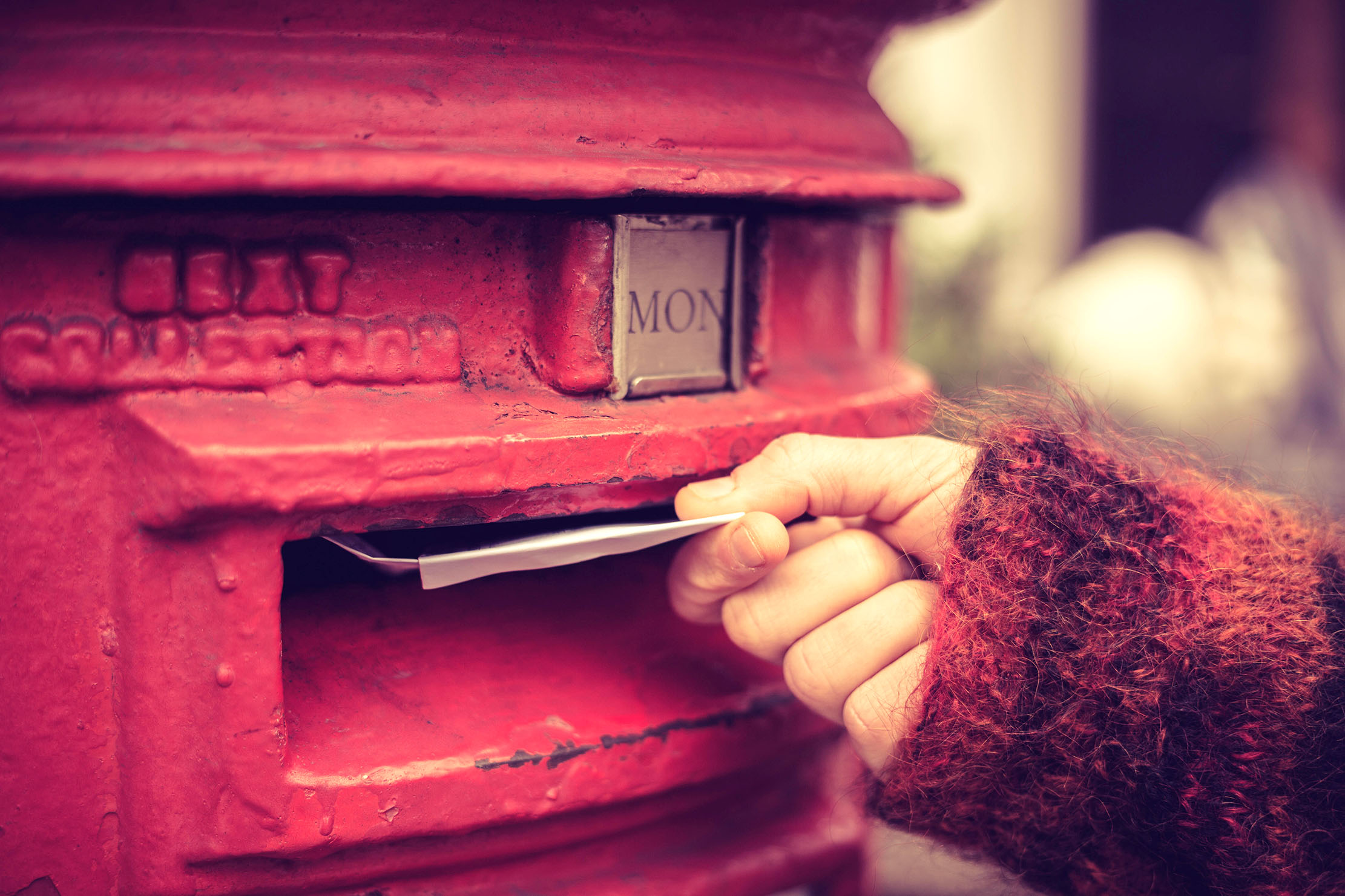
Credit: Alamy Stock Photo
Jonathan Self: Our postman delivers 1,000 items a week — and less than 50 are 'real' letters
Jonathan Self laments the fact that we're losing the art of writing letters.
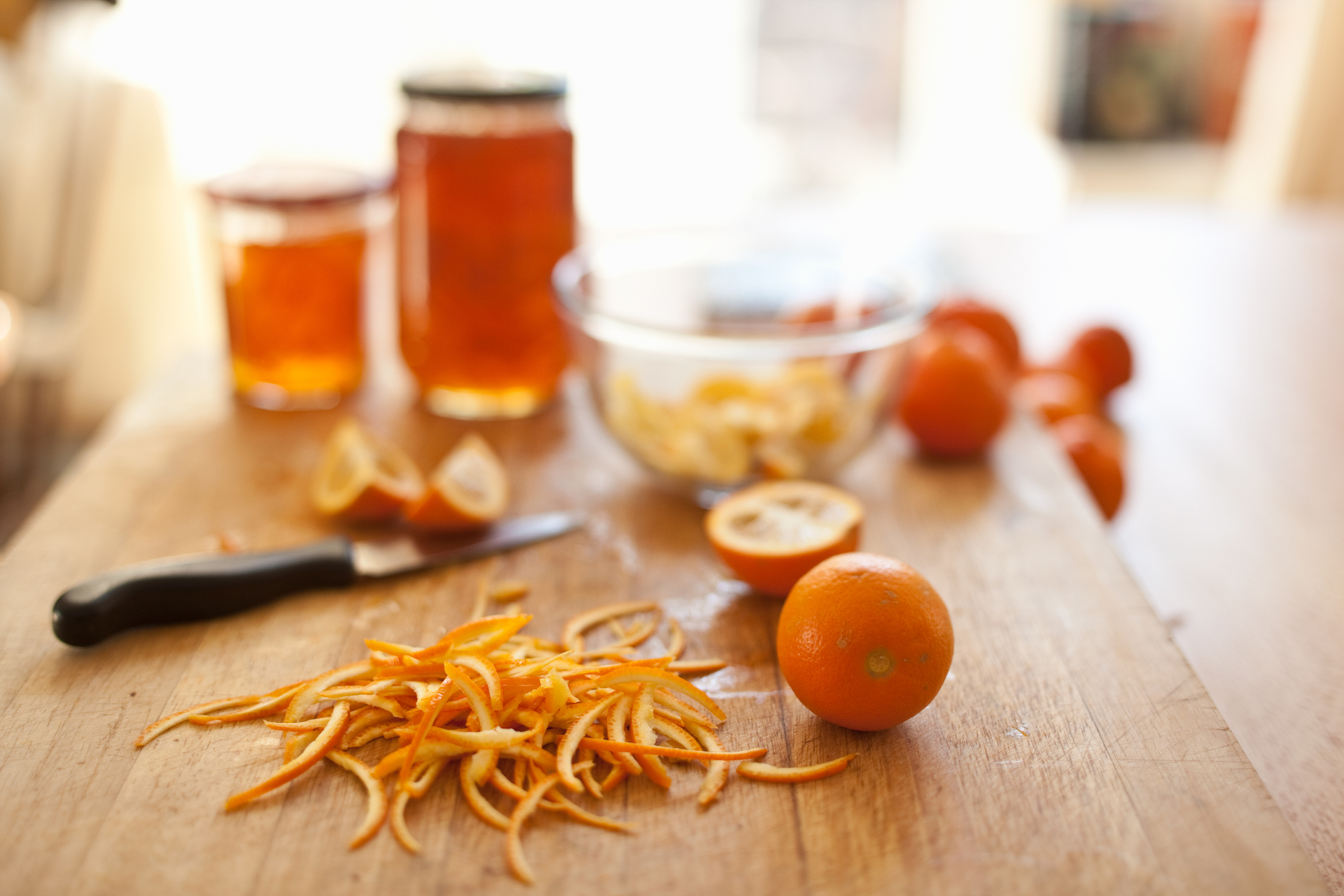
Credit: Getty Images
‘I got the blues thinking of the future, so I left off and made some marmalade'
Jonathan Self on the Three Kings, gloomy January days and the joy of marmalade.
After trying various jobs (farmer, hospital orderly, shop assistant, door-to-door salesman, art director, childminder and others beside) Jonathan Self became a writer. His work has appeared in a wide selection of publications including Country Life, Vanity Fair, You Magazine, The Guardian, The Daily Mail and The Daily Telegraph.
